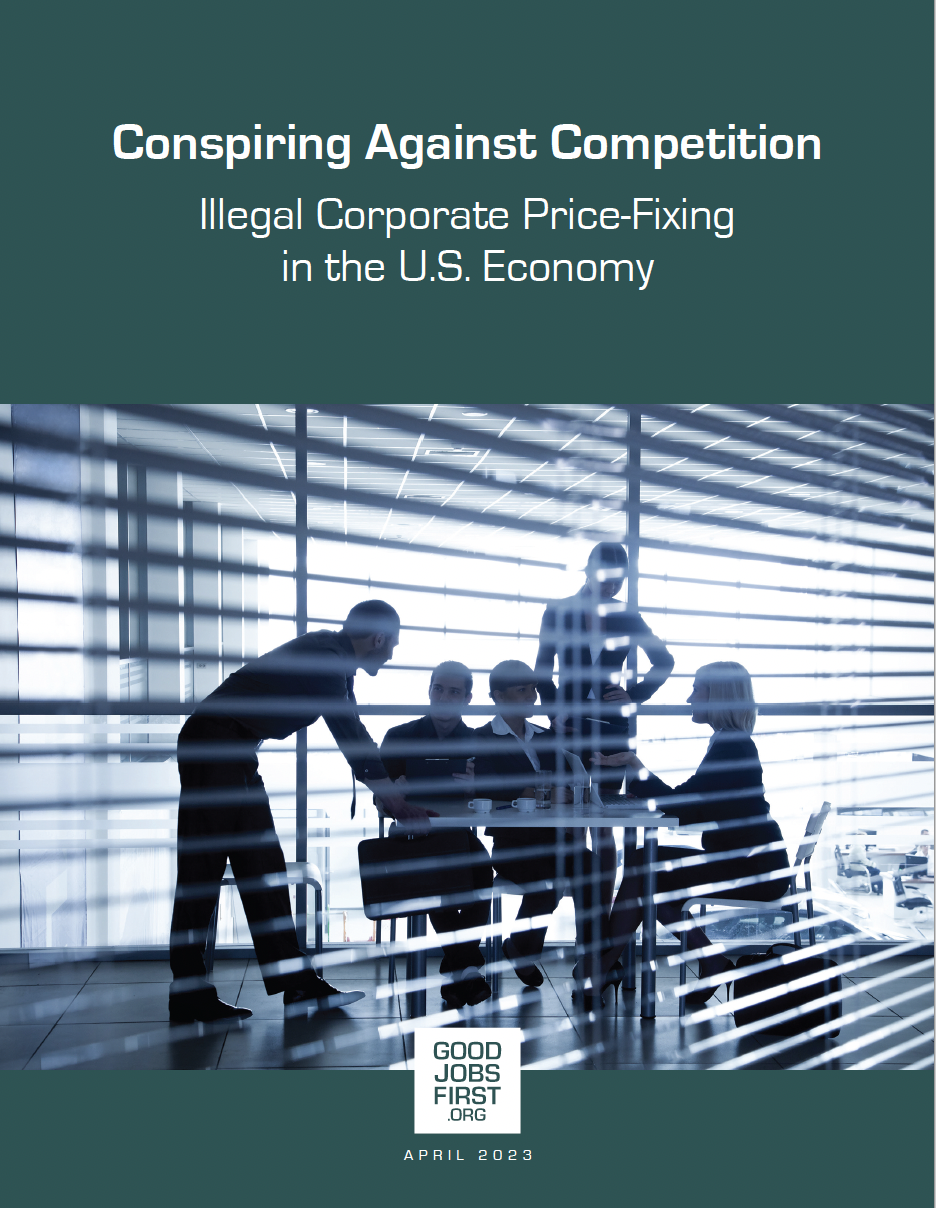
The Biden Administration appears to be really serious about economic sanctions–and not only those against Russia. The Justice Department and Treasury just imposed more than $600 million in penalties on British American Tobacco for violating prohibitions on doing business with North Korea.
Aside from the unusually harsh approach toward a product, tobacco, which does not have any obvious national security implications, the case is significant because it continues the administration’s seeming preoccupation with going after large corporations based outside the United States.
If we look at the largest fines and settlements –say, those above $200 million– announced since Biden took office and documented in Violation Tracker, most of them involve foreign companies. Aside from BAT, these include Germany’s Allianz, Denmark’s Danske Bank, Switzerland’s Glencore and ABB, Holland’s Stellantis, Sweden’s Ericsson, India’s Sun Pharmaceuticals and the United Kingdom’s Barclays.
These cases certainly have their merits, but it is surprising that there have been so few comparable actions announced against domestic corporations. Corporate crime and misconduct are not exclusively or even primarily an issue with companies based abroad.
After Biden was elected there was an assumption that the lax enforcement practices seen during the Trump years would disappear. A major crackdown has yet to materialize. Instead, the Justice Department has focused on finding ways to incentivize companies to cooperate with investigations.
There is no explicit policy to this effect, but it appears that prosecutors are going easier on domestic corporate targets while acting tougher with foreign ones. One gets the impression that business oversight is being used in a way to give domestic companies a competitive advantage.
This would be in keeping with the Biden Administration’s efforts to promote domestic manufacturing through legislation such as the CHIPS Act and Buy American policies. Yet there is a difference between industrial policy and regulatory policy.
Although those on the Right complain when they think government is picking winners and losers, that actually goes on all the time when tax policy is written or major procurement contracts are awarded. The legal system is another matter.
Every company, wherever it is headquartered, deserves equal treatment under the law. At the same time, the public deserves to be protected against misdeeds committed by domestic and foreign business entities.
Given that U.S.-based companies are likely to do more of their business in this country, any policy of regulating them more lightly would be especially problematic. Some of the offenses charged against foreign corporations– such as bribery committed abroad– mean a lot less to U.S. residents than serious environmental, financial or workplace transgressions that may be committed by domestic firms.
None of this should be taken as a call for retreating from enforcement actions against foreign companies. Nonetheless, it would be satisfying to see the Biden Administration bring more major cases against homegrown corporate miscreants.


You must be logged in to post a comment.